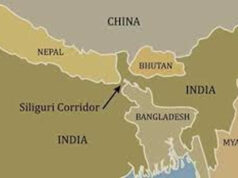Killing A Live Target Through Computer, Can Still Cause Moral And Mental Trauma
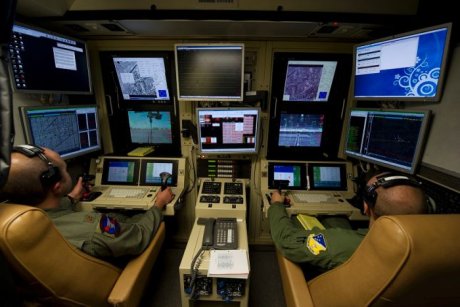
The recent bombing of Saudi oil facilities by unmanned aerial vehicles has raised a number of questions about drones as means of warfare between modern David and Goliath. Drones are levelling the playing field in the asymmetrical arms race.
The potential use of drones to cripple as much as half of Saudi national oil production highlights a growing threat in
modern-day conflict.
But one area that has seen considerable interest already is the problem of mental and moral trauma in drone pilots. Early concerns were that UAV pilots would treat conflict like a computer game.
When drones were first being used for military operations, there was a sense that these technologies would protect pilots from the harms of warfare. As the vehicles could be remotely piloted, those pilots were no longer at risk of being shot down.
It is seen now that instead of being shielded from the psychological and emotional impacts of warfare, drone pilots instead face the risk of “moral injury”.If anything, early concerns about these pilots were that they would be too far removed from warfare to take it seriously.
The worry was that they would treat conflict like a computer game, and so would be less likely to adhere to the ethics of conflict. However, by the mid-to-late 2000s, drone pilots were showing some concerning traits. The rates of drone pilot burn out were in fact higher than that of traditional pilots.
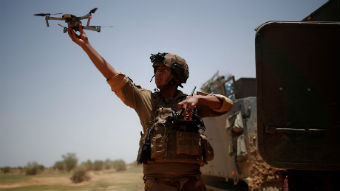
How could that be? Was there something special about being a drone pilot that caused particular emotional tension or trauma, despite them conducting their actions remotely from the conflict zone? An early idea was that these pilots were suffering some form of post-traumatic stress disorder (PTSD). However, as more pilots suffered this, people altered their thinking slightly.
Instead of PTSD, it was proposed that these pilots were suffering from what was known as “sniper’s syndrome”. In sniper’s syndrome, a sniper would suffer emotionally from killing people at a long range from them. Given that the target often posed no direct threat to the sniper, there was a moral dissonance about taking the life of someone who is no direct threat. This has obvious parallels to drone pilots.
As more research was conducted on drone pilots, two complementary causal factors were proposed. First, even though the pilot is typically physically distant from the battle, sometimes in entirely different continents, they are “informationally close” to their targets.
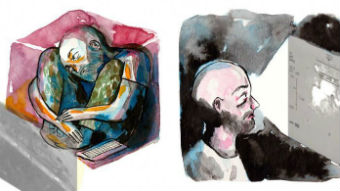
When waging war becomes more like a game of Pacman, what does it do the minds of the people joggling the joysticks in front of computer screens? What is it like to be a military drone operator?
A pilot might have a target under surveillance for days or weeks before they launch their attack. As such, they see their targets and get a sense of them as a person. They will see their targets eating and spending time with family and friends. Then, after conducting their attack, the drone pilot is often expected to do a battle damage assessment, to see if the target has been killed.
Moreover, such events can produce very importance intelligence on the target — for example, who goes to the body? Who takes care of the burial? How do family members react?
Couple this with the familiarity that the drone pilot might have developed through long-term surveillance, and the target becomes an informationally rich human, rather than simply a blip on a screen. Often a pilot is much closer to the target informationally than a traditional pilot.
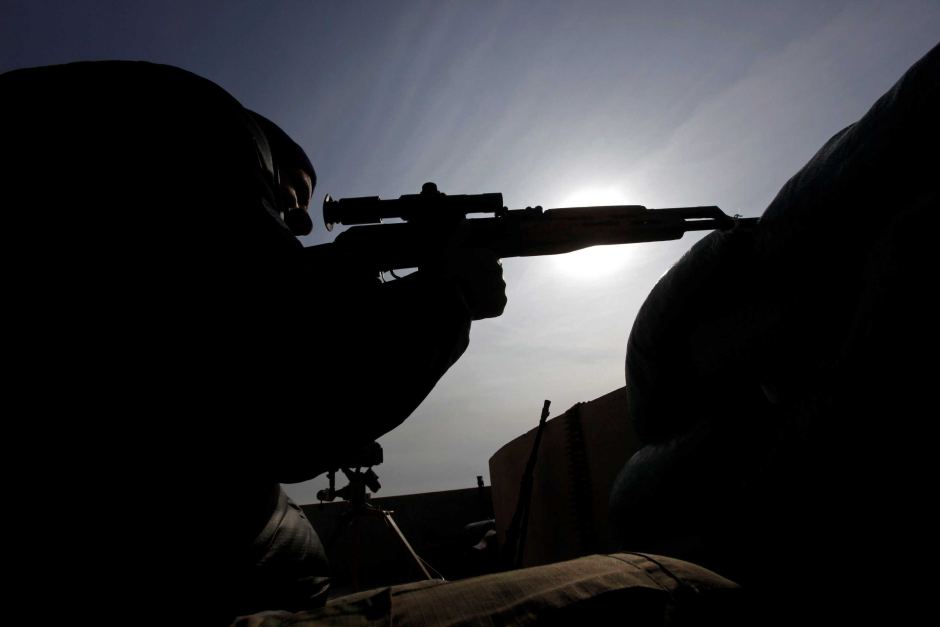
Second to this, the pilot can experience significant moral dissonance. Like a sniper, they are typically under no direct threat from their target.
Posing a threat to someone is often seen as a moral requirement in order for a solider to use lethal force against a target. However, the drone pilot is acting remotely, and they lose this sense of moral justification for their action.
Further to this, the drone pilot who works from their home country can go from an informationally rich battlespace to their homes when they finish a shift. This creates a further dissonance, they go from having a target under surveillance for lethal force, to eating dinner at home with children.
Insofar as the battlespace creates a special set of moral permissions and duties like the justified use of lethal force, there is an abrupt shift as the drone pilots return to normalcy, where lethal force is prohibited.
This creates what people are now calling “moral injury”.
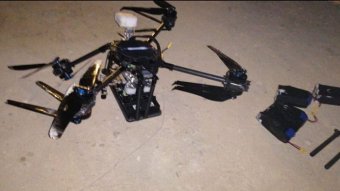
Autonomous suicide drones the latest threat facing soldiers
Different from traditional PTSD, the informationally rich but remote nature of drones creates a situation where the moral dissonance between battlespace and normalcy causes significant psychological and emotional harms for the UAV pilots. One important thing to recognise is that such moral injury is not dependent on the pilot actually committing something morally prohibited.
There is a tradition of military ethics that stretches back to ancient Greece in which certain acts of violence by soldiers or military commanders are seen as permissible.
For instance, if a soldier must use lethal force to protect an innocent family against an enemy soldier threatening the family’s lives, the soldier’s actions are typically deemed justified.
Similarly, if a UAV campaign is part of a war that has a justified cause, and the use of force is necessary and proportionate to the threat posed by the enemy, the UAV pilot’s actions can be seen as potentially justified.
However, given the features of drones, this moral justification might not be properly felt by its pilot. Moral injury does not necessarily mean that we should stop using drones. Instead, selection and training of pilots needs to take moral injury into account.
Further, there needs to be proper counselling and supports for pilots following use of lethal force. While such pilots might be removed from physical risks, we have a moral responsibility to ensure not just that drones are used in ways that adhere to the ethics of warfare, but that the pilots are adequately supported in their roles.

